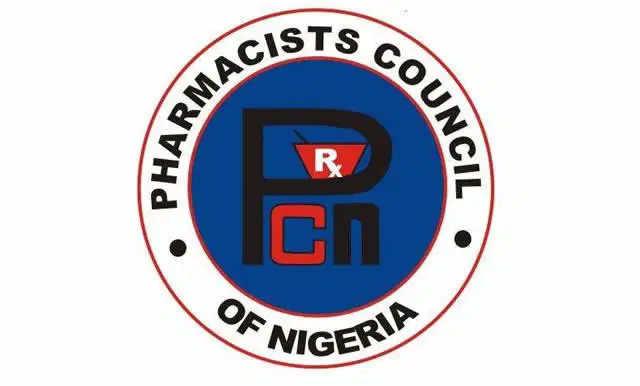Pharmacy Council of Nigeria (PCN) has called for professionalism and uniform standards in pharmaceutical inspection nationwide, warning inspectors against compromising ethical values as the country works to safeguard public health and sustain international regulatory recognition.
PCN registrar, Ibrahim Ahmed, stated this at the opening of the National Pharmaceutical Inspectors Workshop, theme: “Inspecting for Excellence: Best Practices in Pharmaceutical Inspection as a Key Driver of Public Health Safety in Nigeria” on Monday in Nasarawa State,
He said the council was committed to building a unified inspection system guided by global best practices, particularly through the full implementation of a Quality Management System (QMS).
“Our regulatory strength is only as credible as the ethical standards we uphold. We cannot afford to compromise. We must never allow pressure or familiarity to influence our actions,” Pharm. Ahmed said, urging inspectors to enforce standards without fear or favour.
The workshop, attended by Directors of Pharmaceutical Services from across the states and the FCT, was organised with support from the Society for Family Health (SFH) and E-Pharma4FP, both funded by the Bill and Melinda Gates Foundation, alongside DKT.
Pharm. Ahmed noted that the Pharmacy Council of Nigeria (Establishment) Act, 2022, had strengthened the Council’s inspection and enforcement powers, enabling it to seal illegal premises, prosecute offenders, and impose administrative penalties.
He explained that QMS would eliminate inconsistencies in inspections by ensuring all activities are based on standard operating procedures, accurate documentation, and measurable results.
“This system means inspections in every state and zone will be held to the same standard, regardless of individual preferences or interpretations,” he said.
Pharm. Ahmed also disclosed that Nigeria had achieved Level 3 status on the World Health Organisation’s Global Benchmarking Tool (GBT) after re-benchmarking of the country’s National Regulatory Authorities. This level signifies a well-functioning, stable, and integrated regulatory system.
The Registrar stressed that inspectors’ work directly impacts the safety and quality of medicines available to Nigerians, particularly amid rising cases of infectious and non-communicable diseases.
“Every inspection you carry out, every non-compliance you flag, goes beyond regulation, it is a vital act of public health,” he said.
He called on inspectors to see the workshop as a chance to “reconnect with the purpose behind our work and recommit to the responsibility we carry for the health and wellbeing of millions of Nigerians.”
The registrar also thanked the WHO Country Office for its training, support, and guidance during the benchmarking process, pledging to work closely with inspectors to advance pharmaceutical regulation “with purpose and integrity.”





